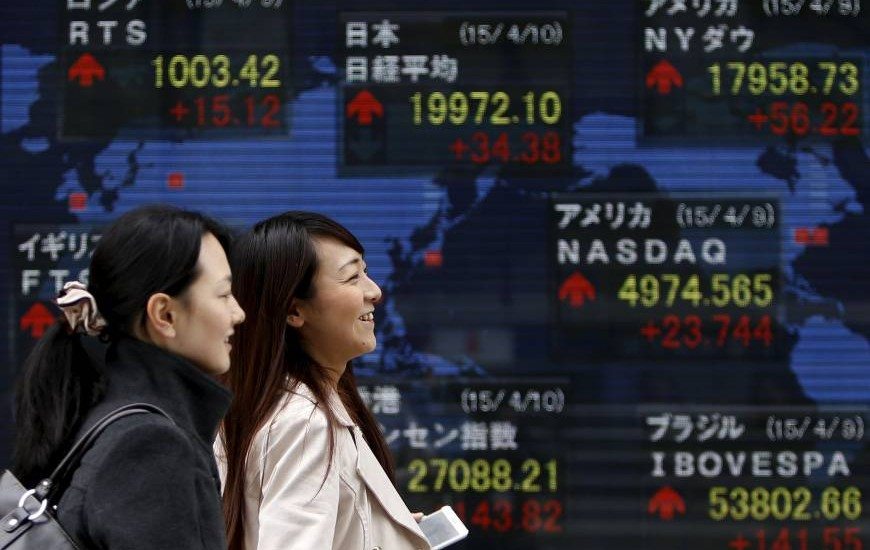
There have been some factors that have affected the Japanese stock market in the recent months. China’s economic slowdown combined with a sharp fall in oil prices raised fears of a global economic recession. Through this turmoil, the Yen gained its stand as a safe-haven in the markets. The increased demand for the Yen increased its strength which affected Japanese exporters negatively. These factors also influenced the Japanese stock markets negatively resulting in a deteriorating Nikkei.
Nonetheless, after the release of strong US construction and factory data, the dollar rose significantly against the yen. Consequently, Japan’s Nikkei surged to a 3-week high underpinned by the marginally weakened Yen. The good data gave the exporters a boost and lifted the overall market on the 2nd day of March trading sessions. This data that is the best from Wall Street in a month suggested that the US economy is regaining its momentum.
The Nikkei share average rose by four percent to 16,725.71 in midmorning trade representing the highest level in three weeks. Japanese exporters had an excellent session since they tend to benefit from a weakening Yen. The Nikkei soars to more than 3-week high on bright US data, exporters shine across the entire global market. Multinational Japanese corporation shares rose significantly with Panasonic gaining seven percent; Sony gained five percent, and Bridgestone increased by over four percent.
The US manufacturing sector appeared to stabilize in February. Moreover, construction spending rose more than an eight-year high in January indicating that the world’s largest economy has regained excellent growth momentum. Fears of a recession that had entrenched the markets earlier in the year made investors pull back from their expectations of the way an interest rate from the Federal Reserve might unfold.
However, the confidence that the Fed will hike interest rates this year has re-emerged supported by the recent economic data from the US beating the market expectations. Moreover, consumer spending data specifically automobile sales remained at high levels boosting sentiment for Japanese automakers that rely heavily on export sales. The dollar’s market risk appetite remained significantly high increasing the currency’s demand.
Additionally, the Australian dollar soared to a two-month high which further made the safe-haven Yen lose ground against other major currencies. A substantial non-farm payroll report will consequently enhance the market’s expectations that the Federal Reserve will increase interest rates before the year ends. These factors combined with a bullish market sentiment will make the dollar gain against the Yen further underpinning the Nikkei gains.
Conclusion
A better risk appetite is weighing on the Yen weakening it marginally. If the US posts better-than-expected reports on Friday, the dollar would move higher relatively weakening the Yen. The positive data throughout the week starting on 29th February has instilled bullish sentiments to the markets with Friday’s data from the US expected to be positive too. Therefore, Investors expect the Nikkei to rise higher with positive data reports from the US combined with a relatively weakening Yen.
